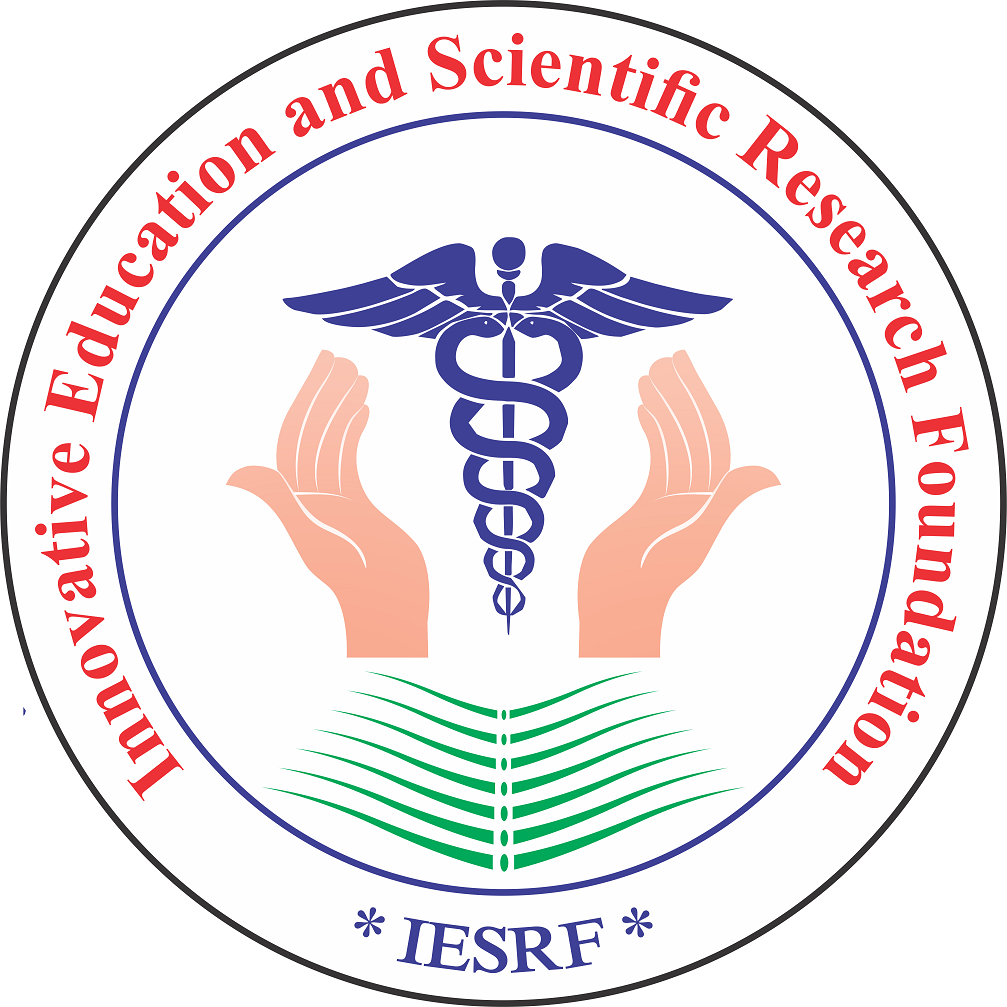- Visibility 452 Views
- Downloads 388 Downloads
- Permissions
- DOI 10.18231/j.ijmr.98133.1758352054
-
CrossMark
- Citation
Efficacy of plant-derived extracts against multidrug resistant pathogens: A potential alternative to conventional antibiotic therapy
Background: Antimicrobial resistance (AMR) poses a global threat and reported as a leading cause for morbidity and mortality. It is mediated by several factors like irrational use of antibiotics for treatment in various diseases, the misuse of antibiotics, especially in livestocks, improper hygiene and infection control practices and environmental contaminants. As a result, the efficacy of antibiotics has been inhibited and there is an urgent need for newer antibiotics. Therefore our study is aimed to explore the anti-bacterial activity of herbal extracts which would act as an alternate herbal therapy to fight against the multidrug-resistant (MDR) pathogens.
Materials and Methods: The multidrug resistant (MDR) bacterial isolates were obtained from various clinical specimens from wound swab, urine, pus aspirates, blood, endotracheal aspirates, and sputum samples according to standard microbiological protocols. In our study 15 herbs were selected for methanolic extraction by standard Soxhlet extraction method. The extracts were then tested against the multi-drug resistant pathogens by well diffusion method and interpreted.
Results: The resistant bacterial strains such as Methicillin-Resistant Staphylococcus aureus (MRSA), Escherichia coli, Proteus species, Klebsiella pneumoniae, Pseudomonas aeruginosa and Acinetobacter species were used as the test strains in the study. Remarkably 7 Out of the 15 herbal extracts tested for anti-bacterial activity showed susceptibility to the resistant strains. Among the 7 effective herbal extracts Juglans regia had effectiveness even in ethanol.
About 60% of the MRSA strains were susceptible to several herbal extracts which includes Phyllanthus edulis, Phyllanthus debilis, Juglans regia, Justicia adathoda, Ormocarpum cochinchinense, Mentha and Andrographis alata. Proteus species showed susceptibility to Phyllanthus edulis, Phyllanthus debilis, Justicia adathoda. Acinetobacter species showed susceptibility to Phyllanthus edulis, Mentha and Justicia adathoda. Pseudomonas aeruginosa strains were susceptible to Phyllanthus edulis and Justicia adathoda.
Conclusion: The preliminary findings of this study is that certain herbal extracts exhibit antibacterial activity against multidrug-resistant pathogens. And so that such extracts may have potential as natural therapeutic agents. Further studies are required to isolate the active phytochemicals and their clinical applicability.
How to Cite This Article
Vancouver
I OP, Shanmugam P, Chauhan A, Selvabai AP. Efficacy of plant-derived extracts against multidrug resistant pathogens: A potential alternative to conventional antibiotic therapy [Internet]. Indian J Microbiol Res. 2025 [cited 2025 Nov 09];12(3):323-328. Available from: https://doi.org/10.18231/j.ijmr.98133.1758352054
APA
I, O. P., Shanmugam, P., Chauhan, A., Selvabai, A. P. (2025). Efficacy of plant-derived extracts against multidrug resistant pathogens: A potential alternative to conventional antibiotic therapy. Indian J Microbiol Res, 12(3), 323-328. https://doi.org/10.18231/j.ijmr.98133.1758352054
MLA
I, Oviya Priya, Shanmugam, Priyadarshini, Chauhan, Ankush, Selvabai, Alice Peace. "Efficacy of plant-derived extracts against multidrug resistant pathogens: A potential alternative to conventional antibiotic therapy." Indian J Microbiol Res, vol. 12, no. 3, 2025, pp. 323-328. https://doi.org/10.18231/j.ijmr.98133.1758352054
Chicago
I, O. P., Shanmugam, P., Chauhan, A., Selvabai, A. P.. "Efficacy of plant-derived extracts against multidrug resistant pathogens: A potential alternative to conventional antibiotic therapy." Indian J Microbiol Res 12, no. 3 (2025): 323-328. https://doi.org/10.18231/j.ijmr.98133.1758352054
